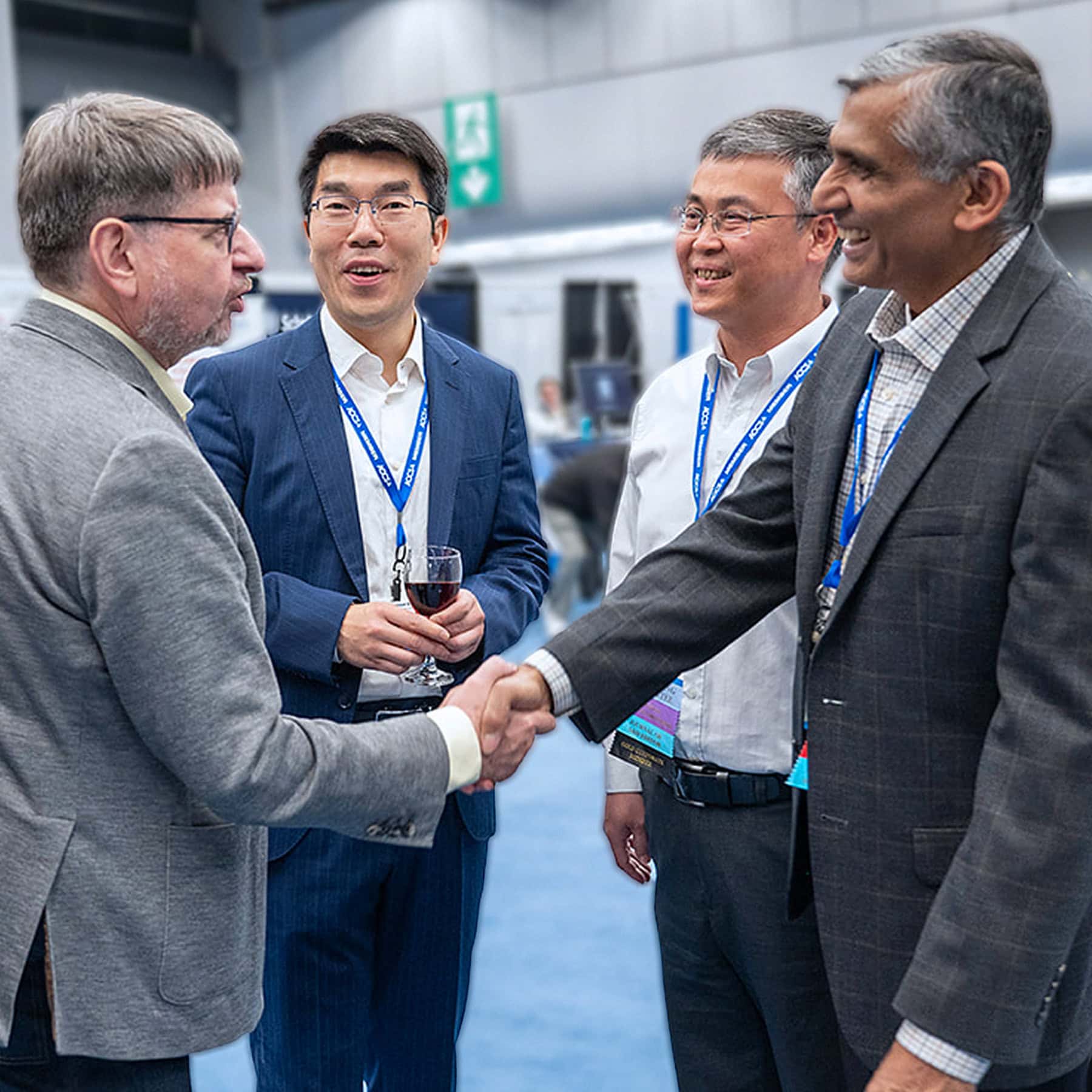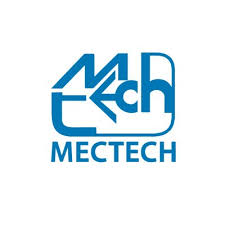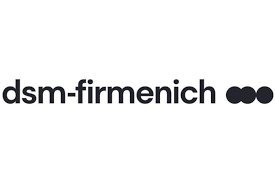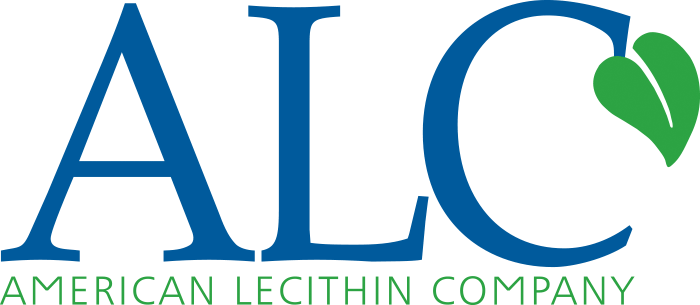
Individual Membership
When you join AOCS, you get access to exclusive resources, content, and networking opportunities to help you succeed in your career.
Renew Your Membership
Stay connected with AOCS to access unparalleled networking, cutting-edge research, exclusive education, and leadership opportunities—renew your membership today!
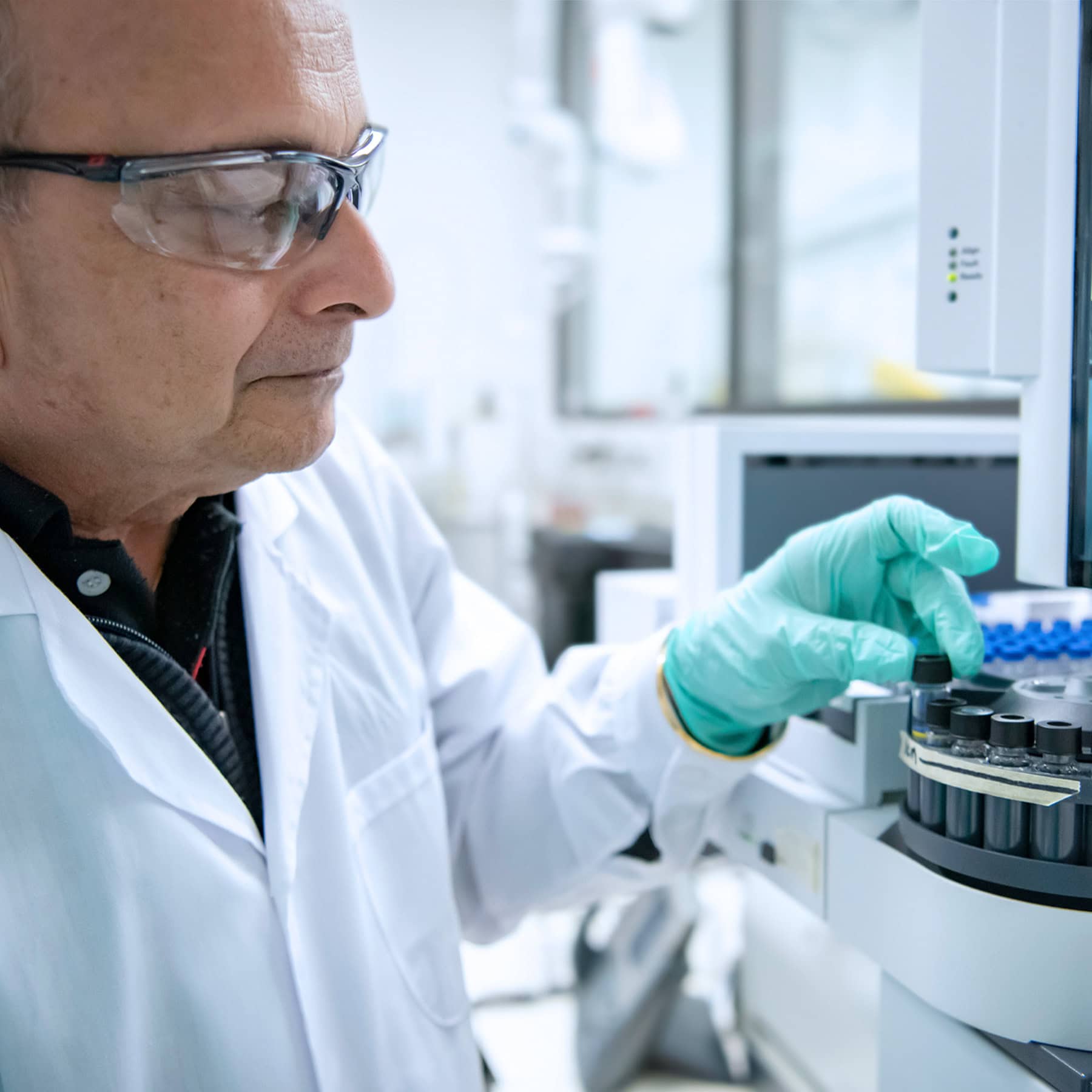
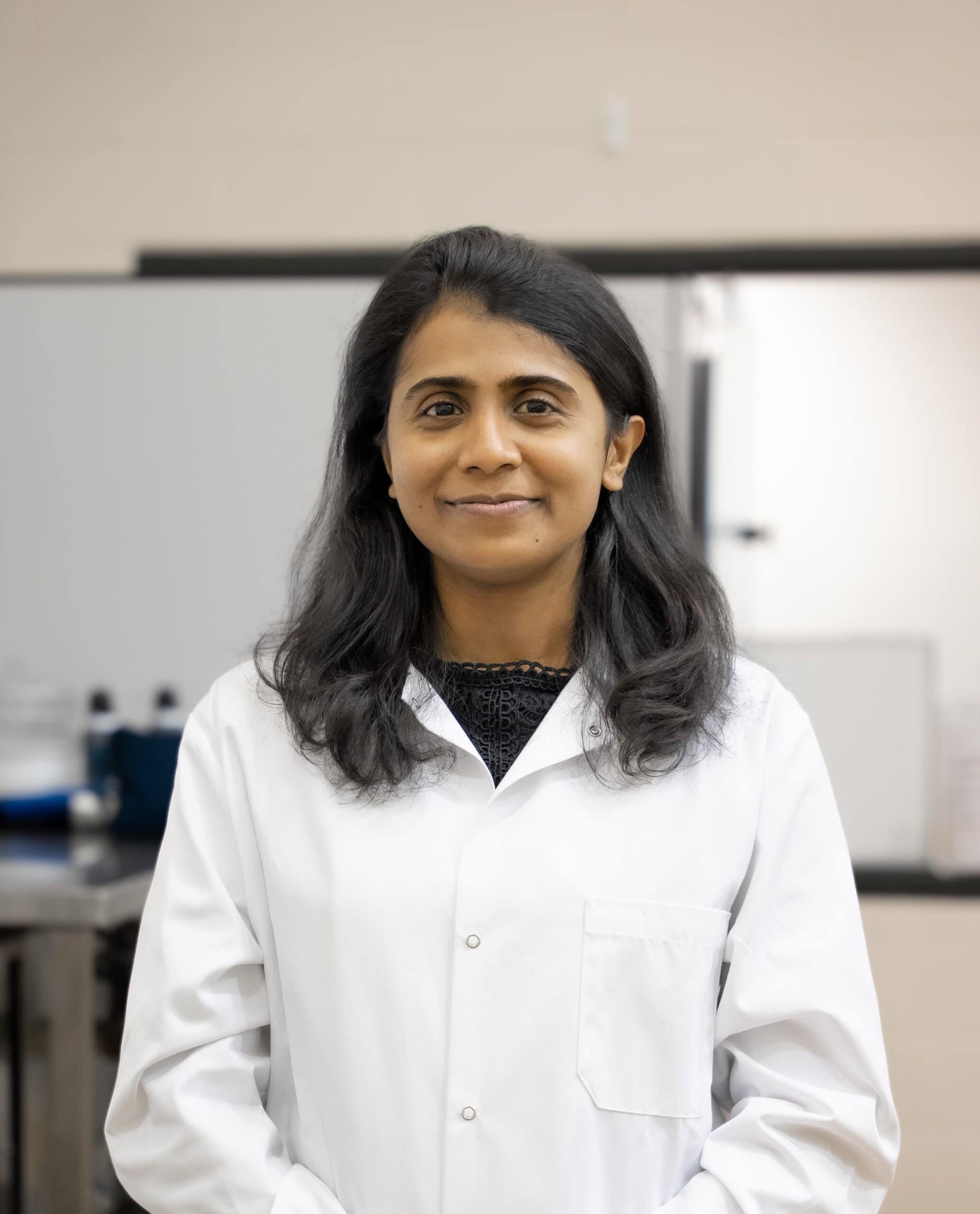
November 18, 2024
Member Spotlight: Meet Thilini Dissanayake
This member spotlight is about Thilini Dissanayake, a graduate student member of…
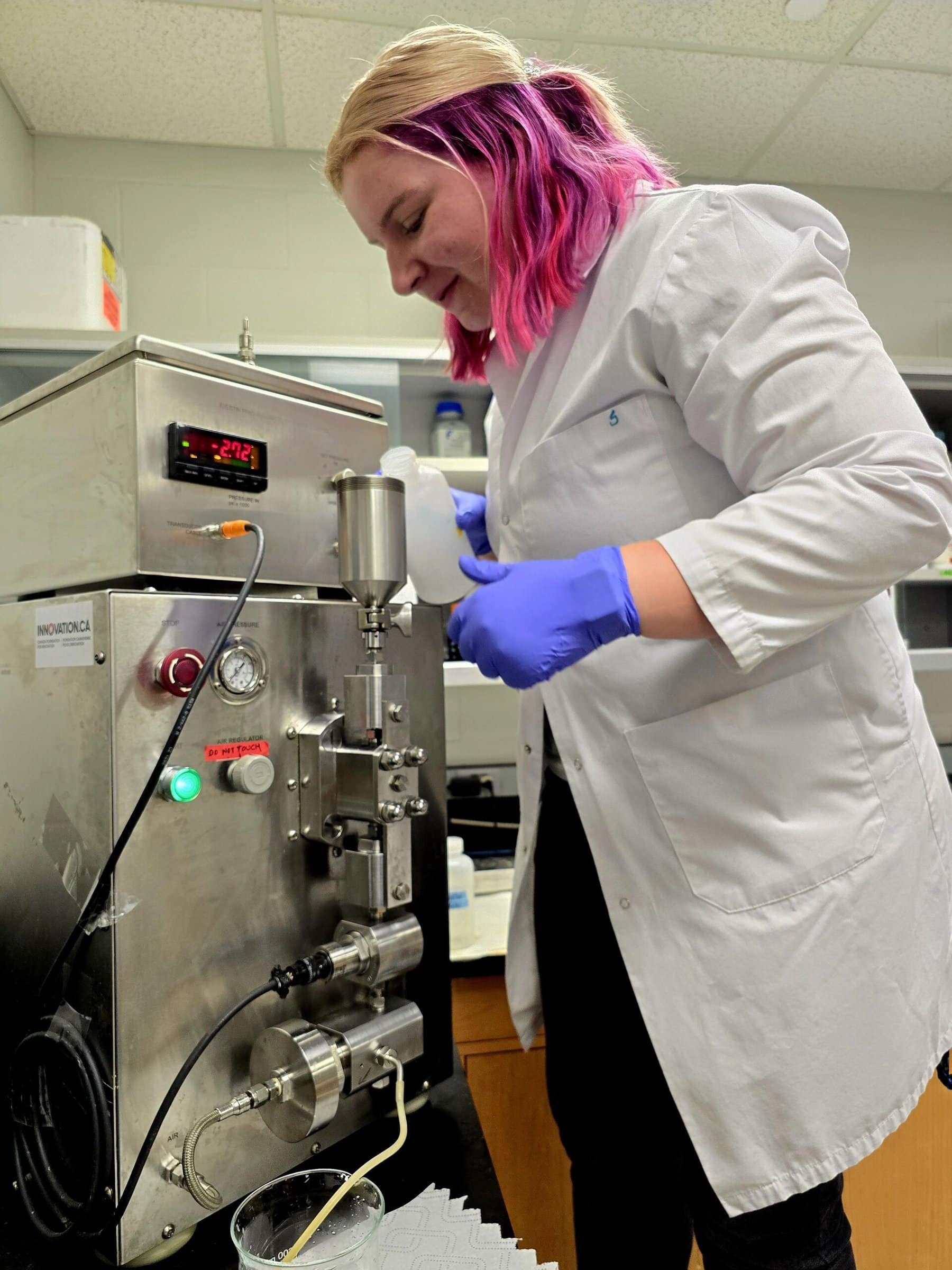
November 18, 2024
Member Spotlight: Meet Camrynn Simon
Camrynn Simon is a master’s student in the Food Colloids Lab at…
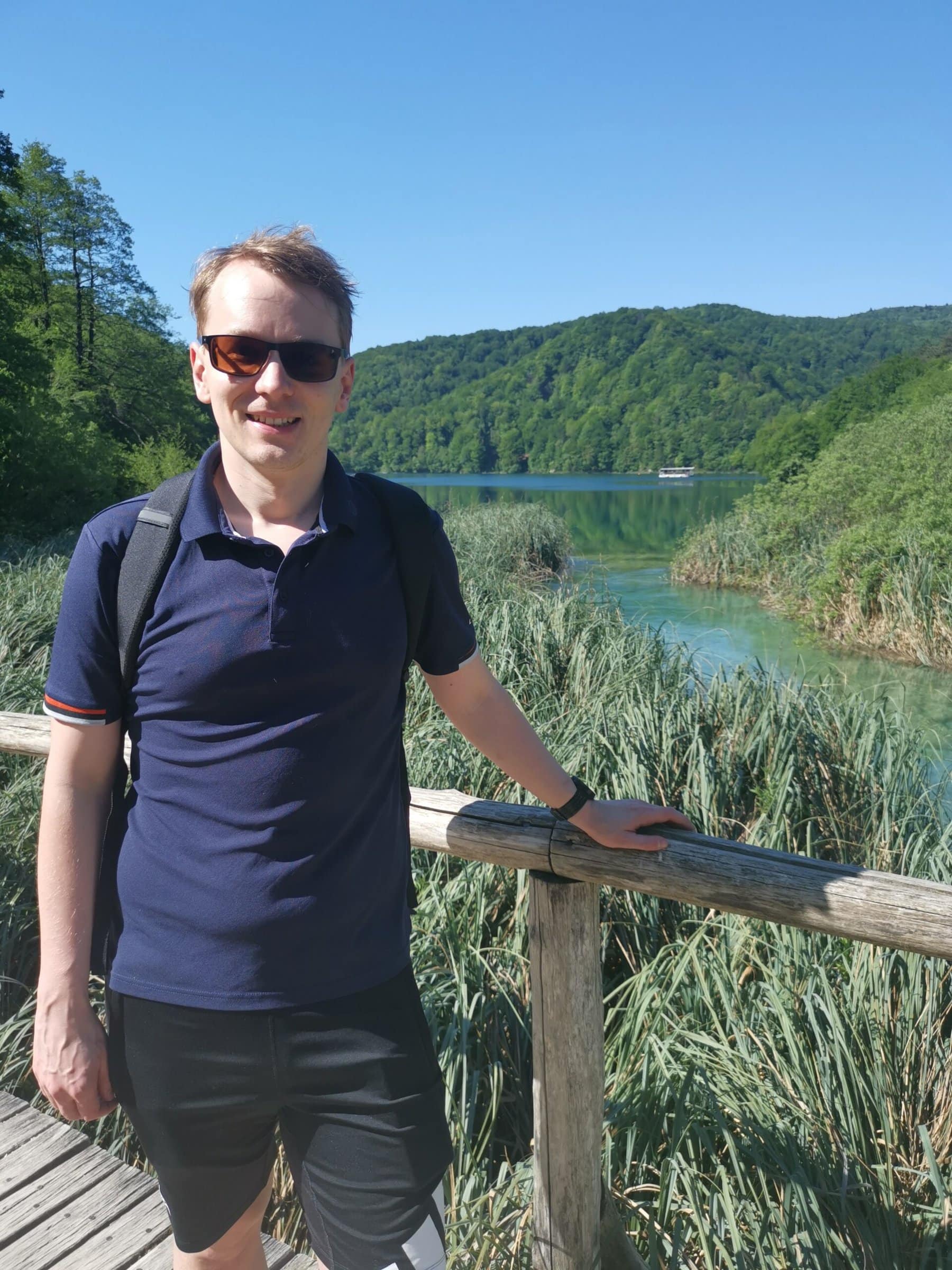
November 18, 2024
Member Spotlight: Meet Mikael Fabritius
Mikael Fabritius is a postdoctoral researcher in the Food Sciences unit at…

Bronze
Saybolt LP
Saybolt, a division of Core Laboratories, provides independent inspection, laboratory analysis, and…

Bronze
Dicalite Management Group LLC
Since 1928, Dicalite Management Group has been transforming the world of industrial…
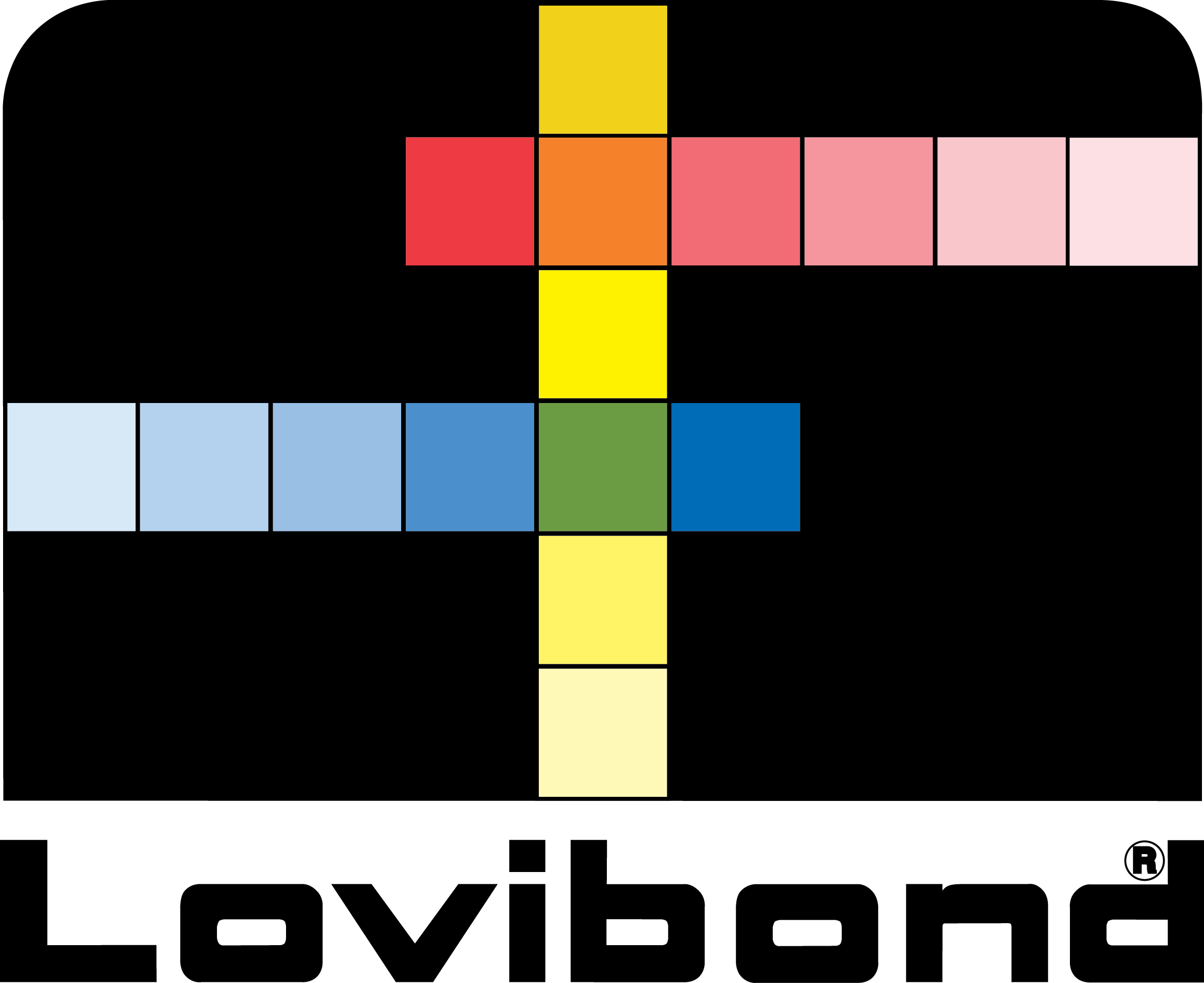
Bronze
Tintometer Ltd.
Tintometer Ltd. For over 130 years, Lovibond® has specialized in manufacturing analytical products…
